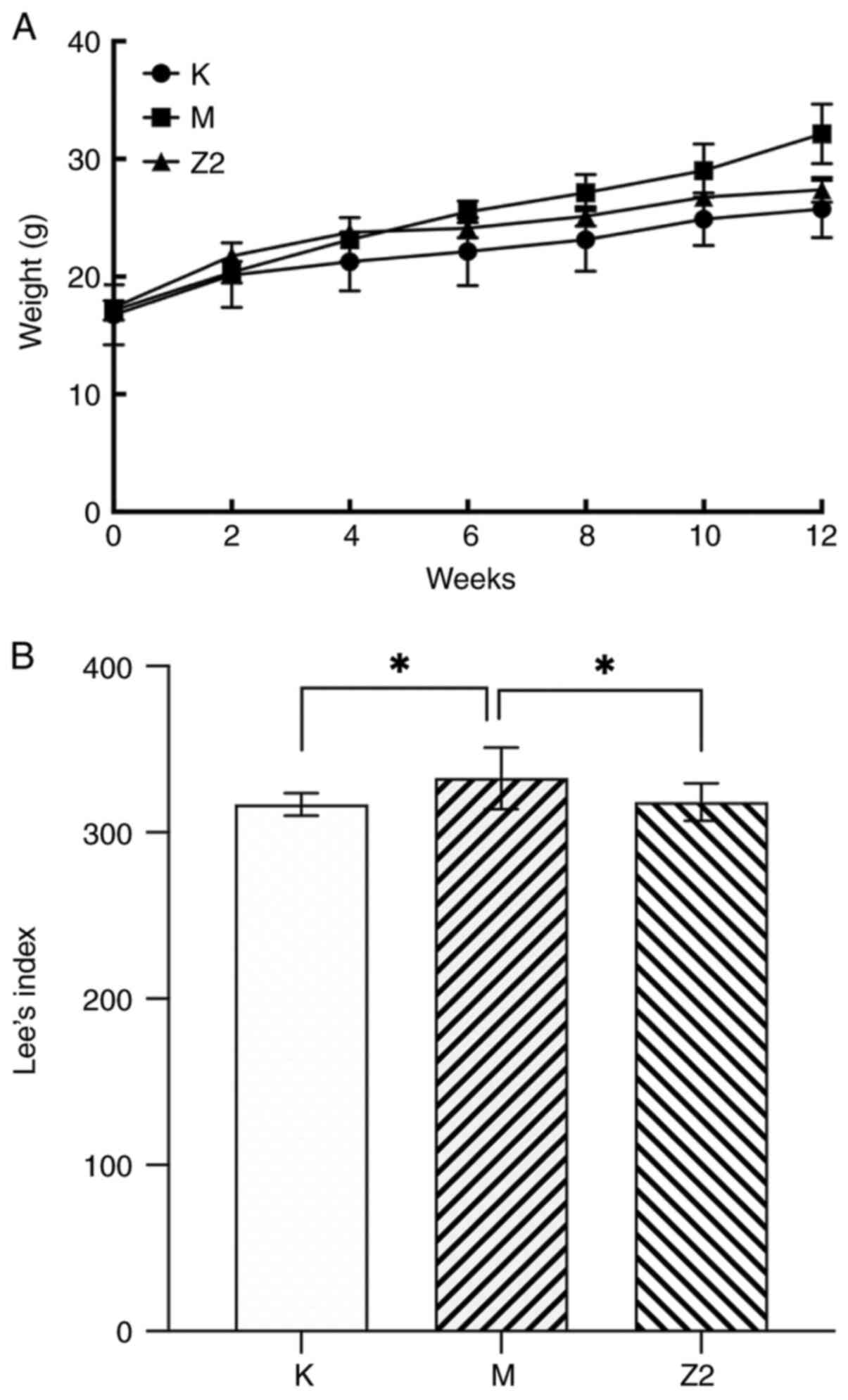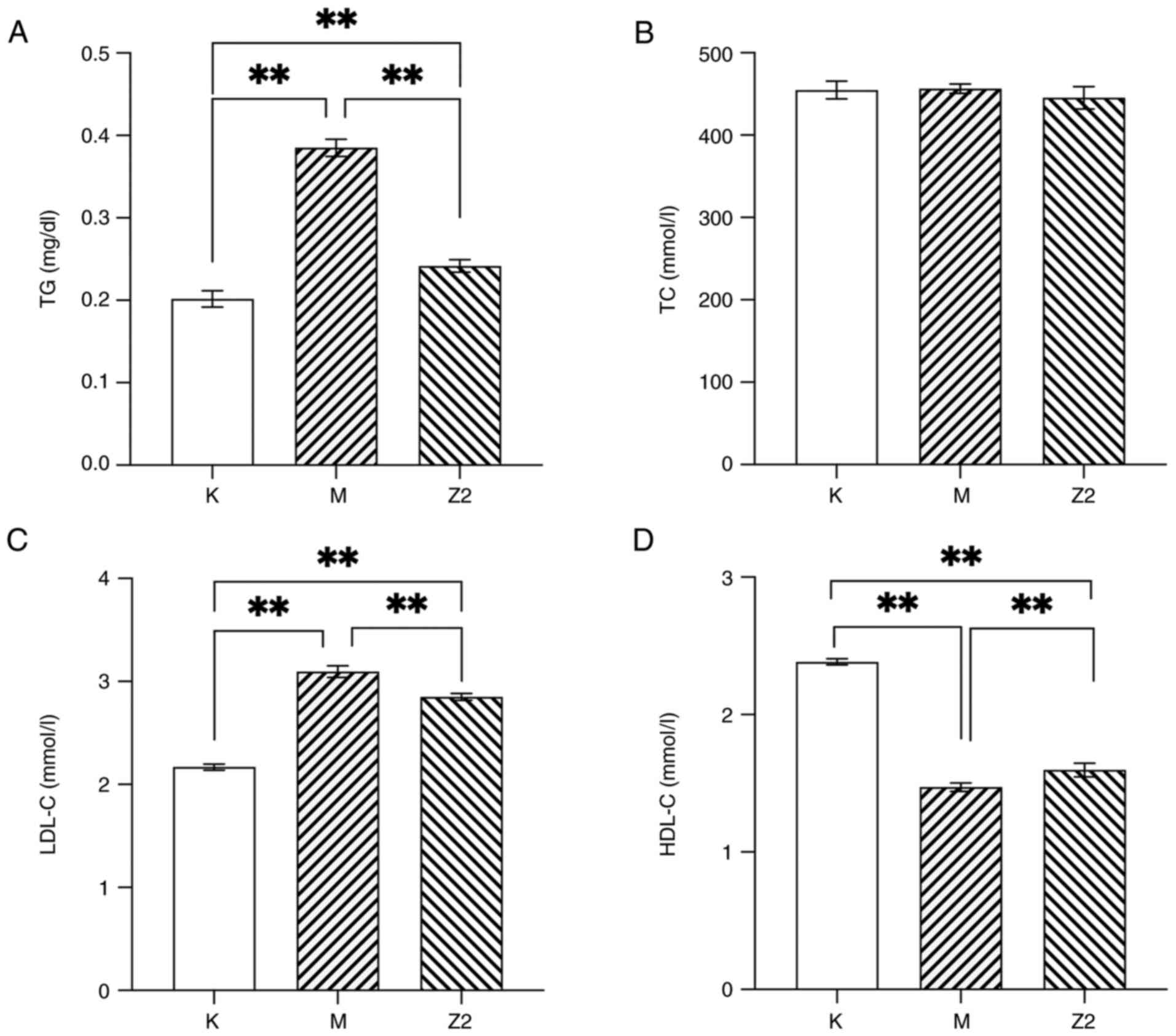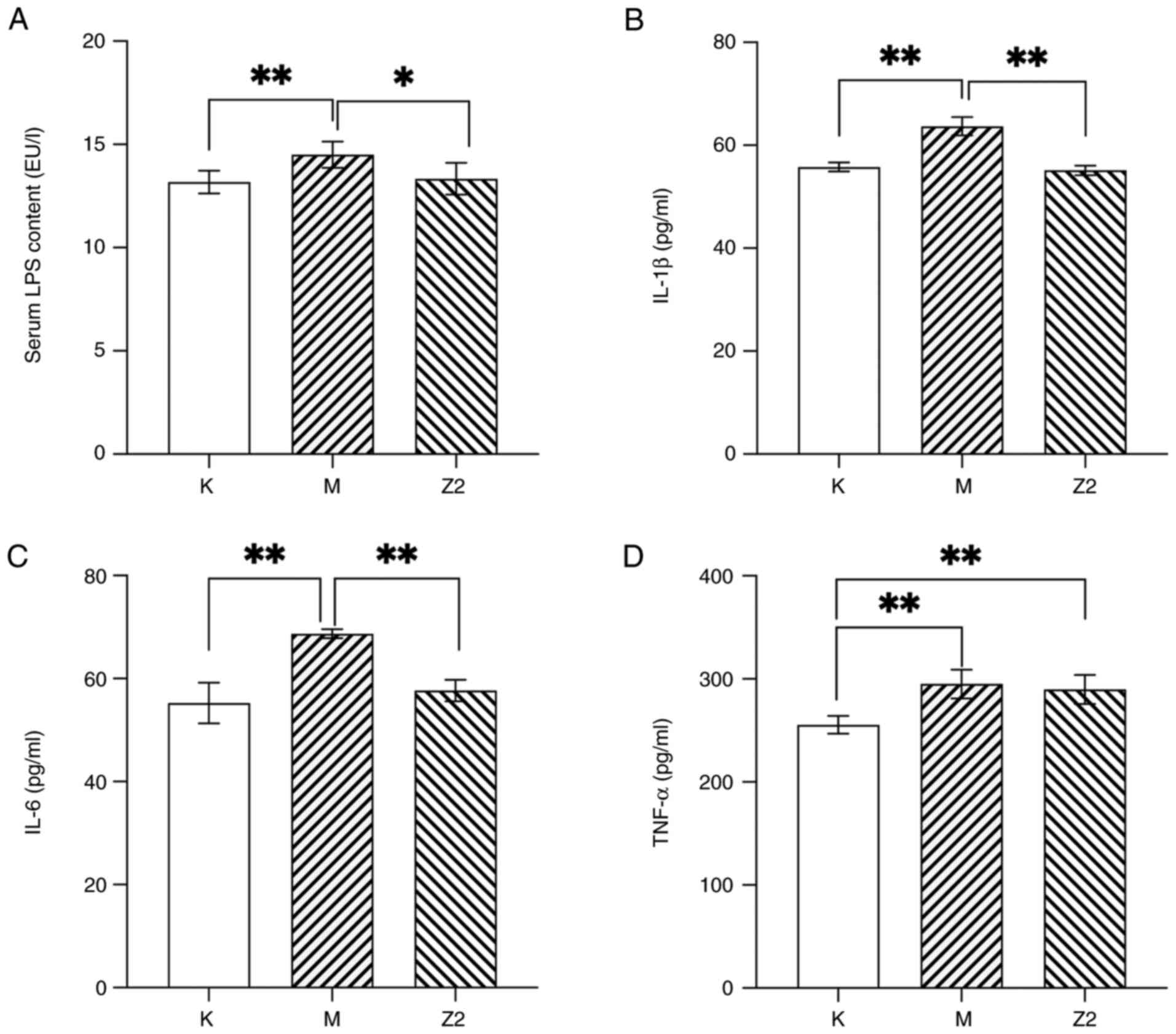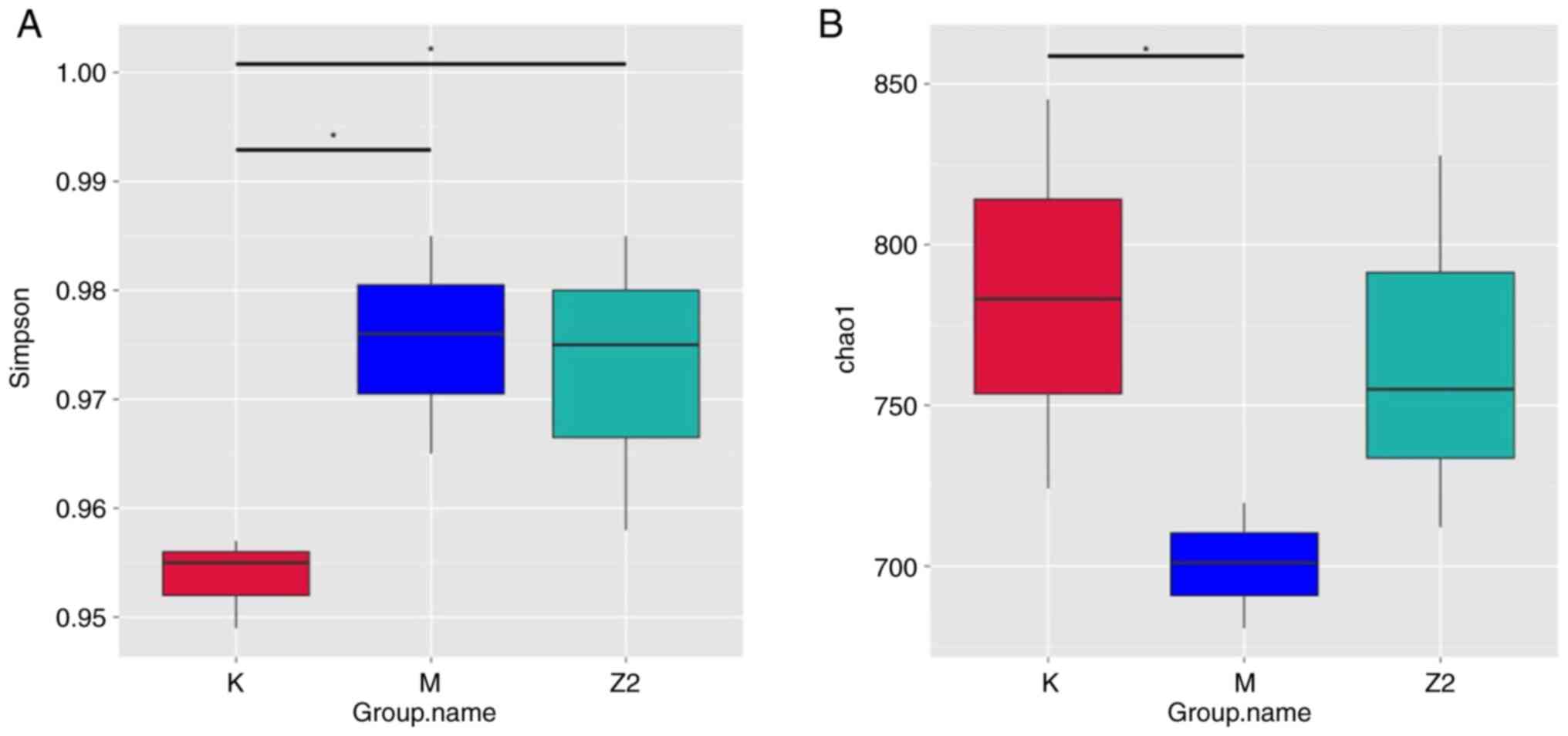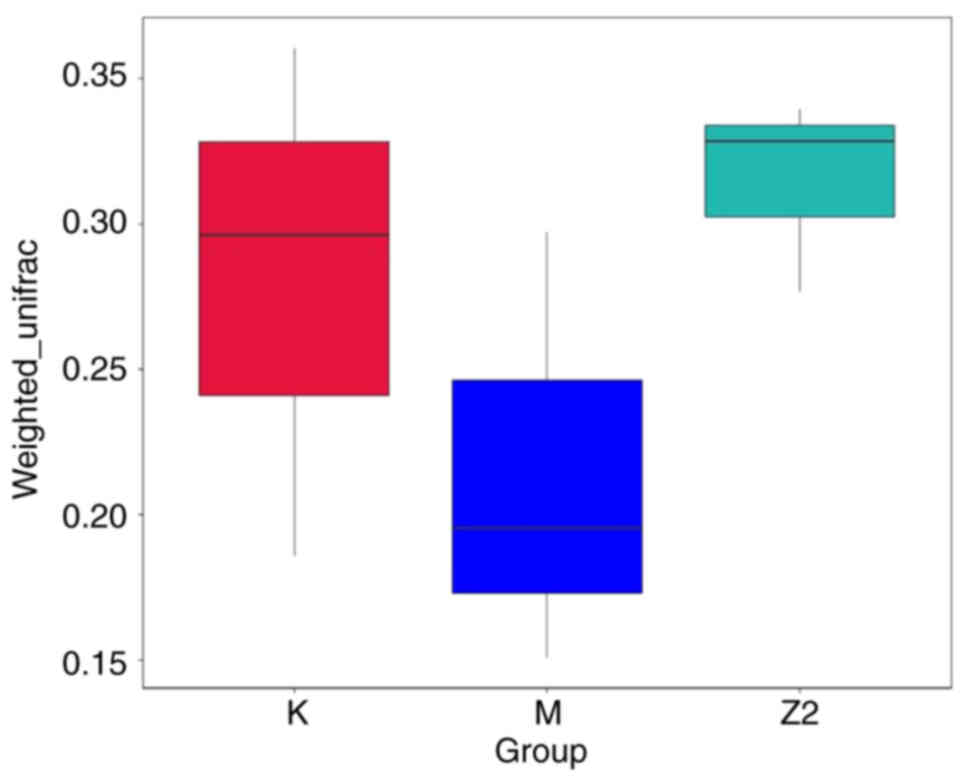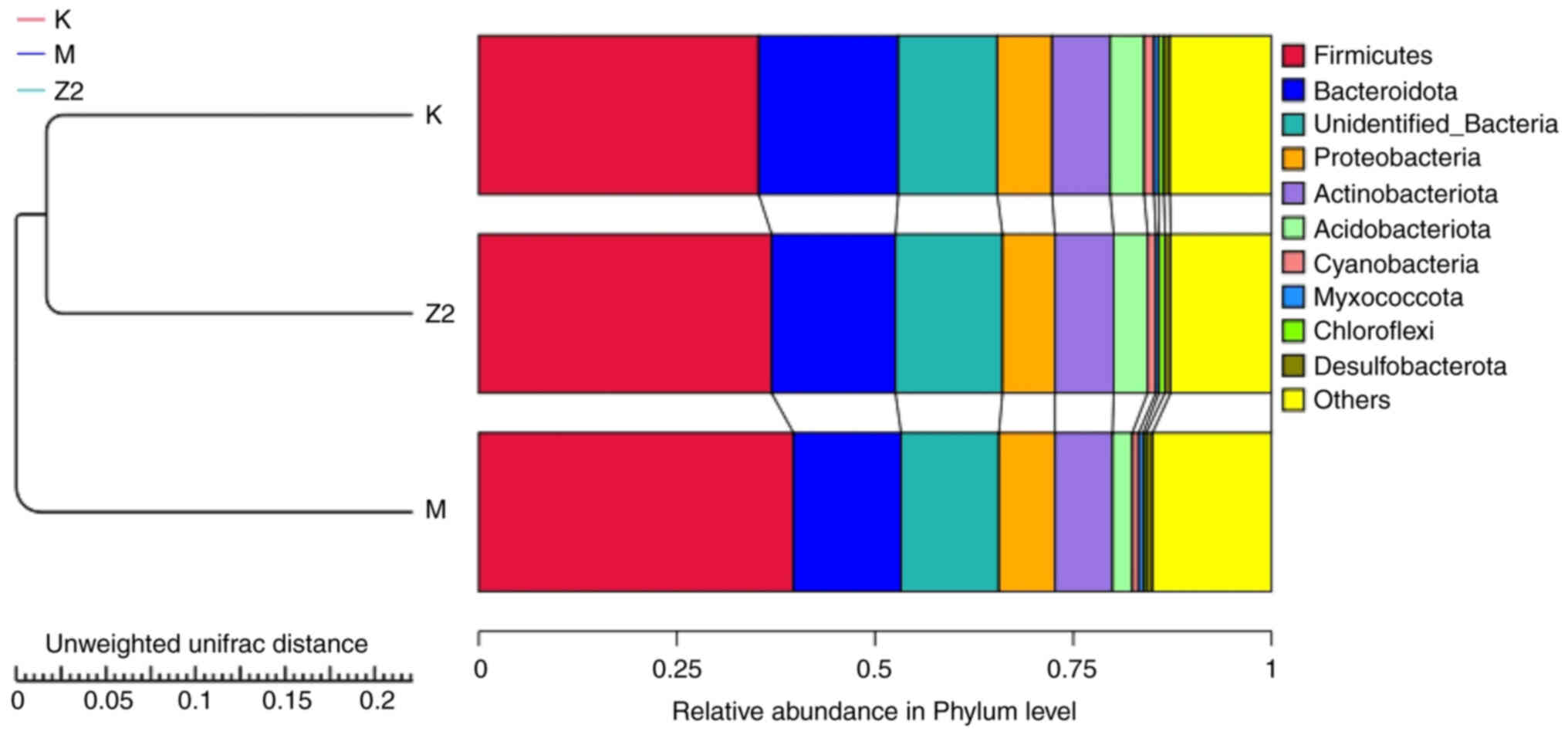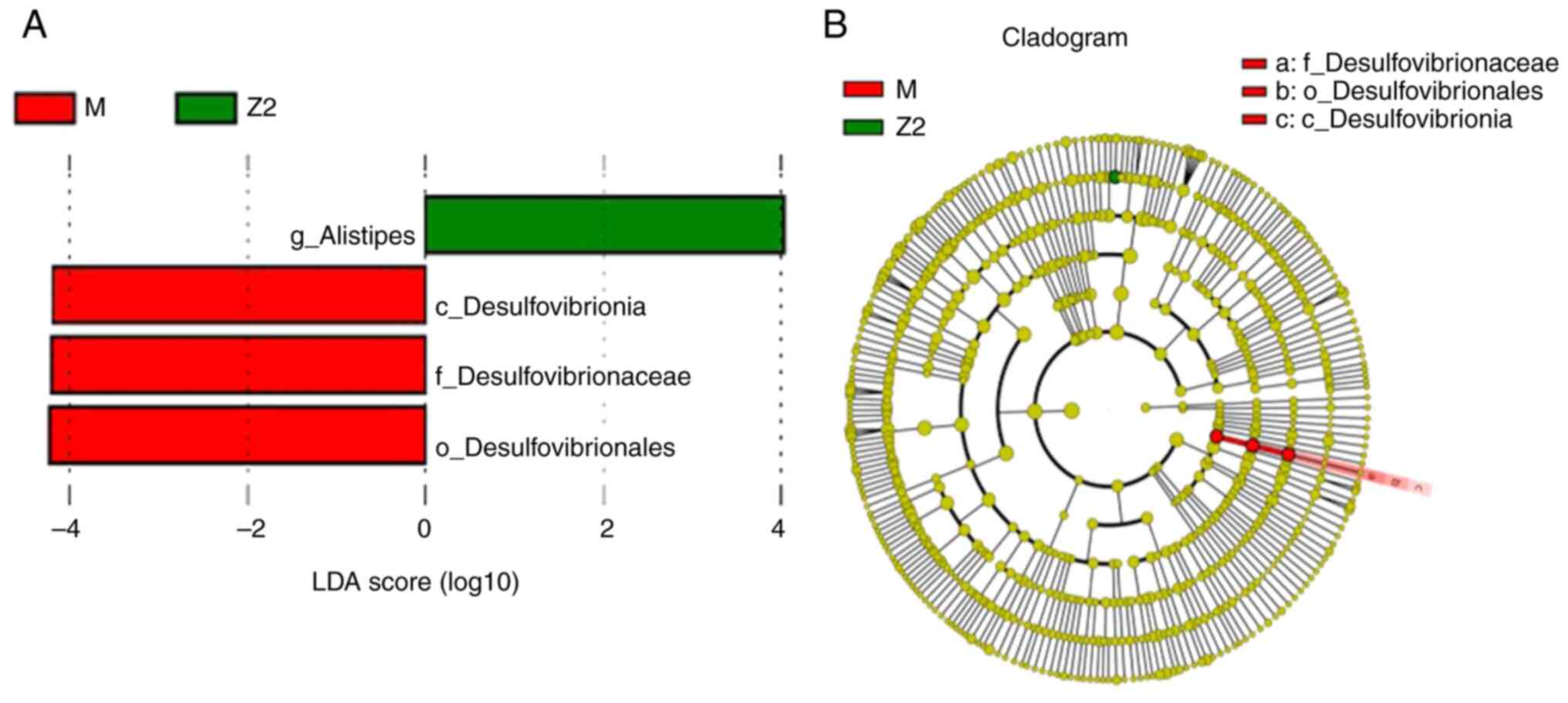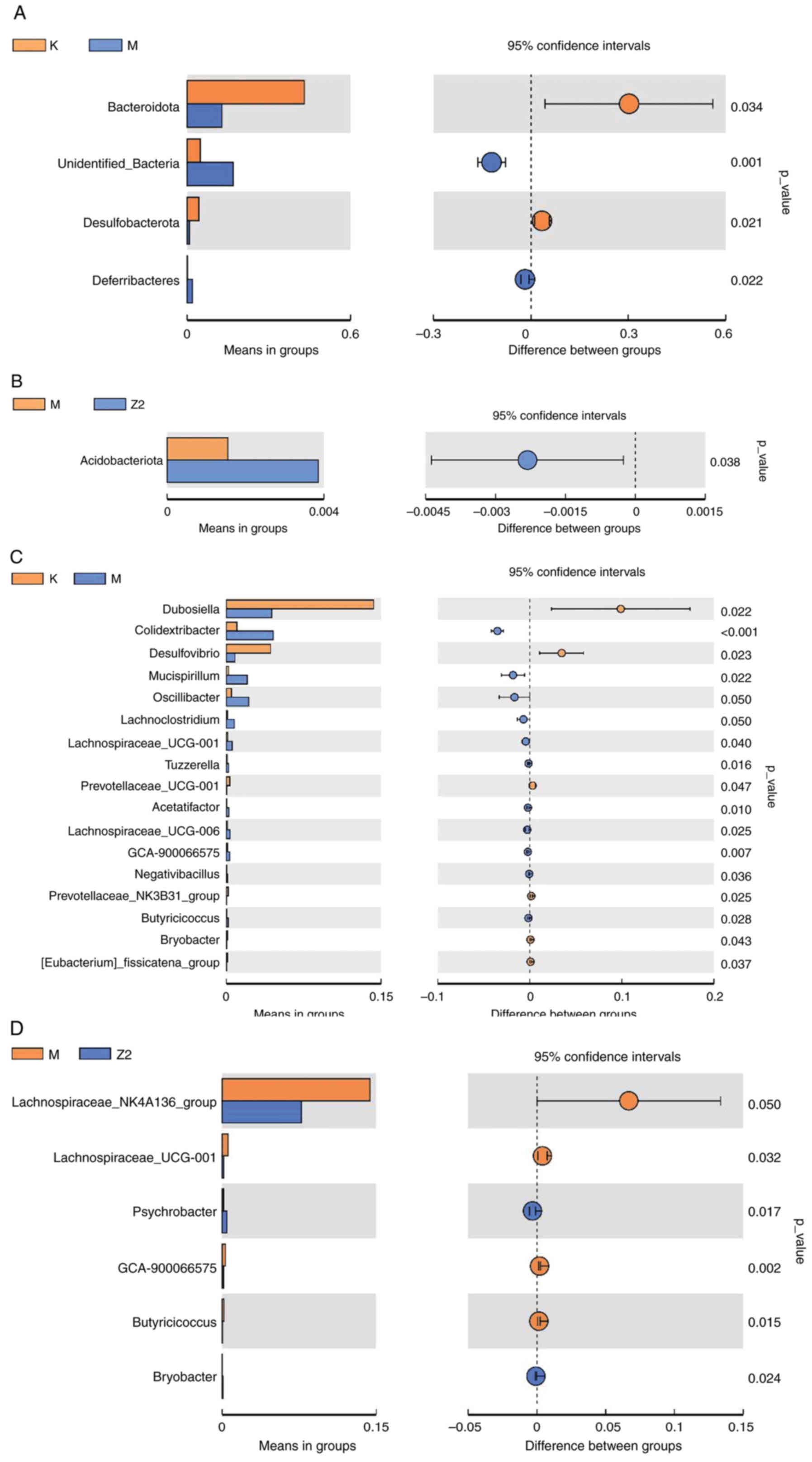|
1
|
Mohammed MS, Sendra S, Lloret J and Bosch
I: Systems and WBANs for controlling obesity. J Healthc Eng.
2018:15647482018. View Article : Google Scholar : PubMed/NCBI
|
|
2
|
Caballero B: Humans against obesity: Who
will win? Adv Nutr. 10:S4–S9. 2019. View Article : Google Scholar : PubMed/NCBI
|
|
3
|
Pan XF, Wang L and Pan A: Epidemiology and
determinants of obesity in China. Lancet Diabetes Endocrinol.
9:373–392. 2021. View Article : Google Scholar : PubMed/NCBI
|
|
4
|
Du SF, Wang HJ, Zhang B, Zhai FY and
Popkin BM: China in the period of transition from scarcity and
extensive undernutrition to emerging nutrition-related
non-communicable diseases, 1949–1992. Obes Rev. 15 (Suppl
1):S8–S15. 2014. View Article : Google Scholar
|
|
5
|
Meldrum DR, Morris MA and Gambone JC:
Obesity pandemic: Causes, consequences, and solutions-but do we
have the will? Fertil Steril. 107:833–839. 2017. View Article : Google Scholar : PubMed/NCBI
|
|
6
|
Esser N, Legrand-Poels S, Piette J, Scheen
AJ and Paquot N: Inflammation as a link between obesity, metabolic
syndrome and type 2 diabetes. Diabetes Res Clin Pract. 105:141–150.
2014. View Article : Google Scholar : PubMed/NCBI
|
|
7
|
Longo M, Zatterale F, Naderi J, Parrillo
L, Formisano P, Raciti GA, Beguinot F and Miele C: Adipose tissue
dysfunction as determinant of obesity-associated metabolic
complications. Int J Mol Sci. 20:23582019. View Article : Google Scholar : PubMed/NCBI
|
|
8
|
Li H, Meng Y, He S, Tan X, Zhang Y, Zhang
X, Wang L and Zheng W: Macrophages, chronic inflammation, and
insulin resistance. Cells. 11:30012022. View Article : Google Scholar : PubMed/NCBI
|
|
9
|
Leuti A, Fazio D, Fava M, Piccoli A, Oddi
S and Maccarrone M: Bioactive lipids, inflammation and chronic
diseases. Adv Drug Deliv Rev. 159:133–169. 2020. View Article : Google Scholar : PubMed/NCBI
|
|
10
|
Chiurchiu V, Leuti A and Maccarrone M:
Bioactive lipids and chronic inflammation: Managing the fire
within. Front Immunol. 9:382018. View Article : Google Scholar : PubMed/NCBI
|
|
11
|
Iyengar NM, Gucalp A, Dannenberg AJ and
Hudis CA: Obesity and cancer mechanisms: Tumor microenvironment and
inflammation. J Clin Oncol. 34:4270–4276. 2016. View Article : Google Scholar : PubMed/NCBI
|
|
12
|
Kolb R, Sutterwala FS and Zhang W: Obesity
and cancer: Inflammation bridges the two. Curr Opin Pharmacol.
29:77–89. 2016. View Article : Google Scholar : PubMed/NCBI
|
|
13
|
Clemente JC, Ursell LK, Parfrey LW and
Knight R: The impact of the gut microbiota on human health: An
integrative view. Cell. 148:1258–1270. 2012. View Article : Google Scholar : PubMed/NCBI
|
|
14
|
Chen Y, Cui W, Li X and Yang H:
Interaction between commensal bacteria, immune response and the
intestinal barrier in inflammatory bowel disease. Front Immunol.
12:7619812021. View Article : Google Scholar : PubMed/NCBI
|
|
15
|
Patterson E, Ryan PM, Cryan JF, Dinan TG,
Ross RP, Fitzgerald GF and Stanton C: Gut microbiota, obesity and
diabetes. Postgrad Med J. 92:286–300. 2016. View Article : Google Scholar : PubMed/NCBI
|
|
16
|
Dabke K, Hendrick G and Devkota S: The gut
microbiome and metabolic syndrome. J Clin Invest. 129:4050–4057.
2019. View Article : Google Scholar : PubMed/NCBI
|
|
17
|
Usuda H, Okamoto T and Wada K: Leaky gut:
Effect of dietary fiber and fats on microbiome and intestinal
barrier. Int J Mol Sci. 22:76132021. View Article : Google Scholar : PubMed/NCBI
|
|
18
|
Xu Z, Jiang W, Huang W, Lin Y, Chan FKL
and Ng SC: Gut microbiota in patients with obesity and metabolic
disorders-a systematic review. Genes Nutr. 17:22022. View Article : Google Scholar : PubMed/NCBI
|
|
19
|
Ramirez-Rico G, Drago-Serrano ME,
Leon-Sicairos N and de la Garza M: Lactoferrin: A nutraceutical
with activity against colorectal cancer. Front Pharmacol.
13:8558522022. View Article : Google Scholar : PubMed/NCBI
|
|
20
|
Antoshin AA, Shpichka AI, Huang G, Chen K,
Lu P, Svistunov AA, Lychagin AV, Lipina MM, Sinelnikov MY, Reshetov
IV and Timashev PS: Lactoferrin as a regenerative agent: The
old-new panacea? Pharmacol Res. 167:1055642021. View Article : Google Scholar : PubMed/NCBI
|
|
21
|
Vega-Bautista A, de la Garza M, Carrero
JC, Campos-Rodriguez R, Godinez-Victoria M and Drago-Serrano ME:
The impact of lactoferrin on the growth of intestinal inhabitant
bacteria. Int J Mol Sci. 20:47072019. View Article : Google Scholar : PubMed/NCBI
|
|
22
|
Li L, Ma C, Hurilebagen, Yuan H, Hu R and
Wang W: Weilisi: Effects of lactoferrin on intestinal flora of
metabolic disorder mice. BMC Microbiol. 22:1812022. View Article : Google Scholar : PubMed/NCBI
|
|
23
|
Min QQ, Qin LQ, Sun ZZ, Zuo WT, Zhao L and
Xu JY: Effects of metformin combined with lactoferrin on lipid
accumulation and metabolism in mice fed with high-fat diet.
Nutrients. 10:16282018. View Article : Google Scholar : PubMed/NCBI
|
|
24
|
Yildirim A, Tamer SA, Sahin D, Bagriacik
F, Kahraman MM, Onur ND, Cayirli YB, Kaya ÖT, Aksu B, Akdeniz E, et
al: The effects of antibiotics and melatonin on hepato-intestinal
inflammation and gut microbial dysbiosis induced by a short-term
high-fat diet consumption in rats. Br J Nutr. 122:841–855. 2019.
View Article : Google Scholar : PubMed/NCBI
|
|
25
|
Yuan E, Duan X, Xiang L, Ren J, Lai X, Li
Q, Sun L and Sun S: Aged oolong tea reduces high-fat diet-induced
fat accumulation and dyslipidemia by regulating the AMPK/ACC
signaling pathway. Nutrients. 10:1872018. View Article : Google Scholar : PubMed/NCBI
|
|
26
|
Livak KJ and Schmittgen TD: Analysis of
relative gene expression data using real-time quantitative PCR and
the 2(−Delta Delta C(T)) method. Methods. 25:402–408. 2001.
View Article : Google Scholar : PubMed/NCBI
|
|
27
|
Liu H, Chen X, Hu X, Niu H, Tian R, Wang
H, Pang H, Jiang L, Qiu B, Chen X, et al: Alterations in the gut
microbiome and metabolism with coronary artery disease severity.
Microbiome. 7:682019. View Article : Google Scholar : PubMed/NCBI
|
|
28
|
Bolyen E, Rideout JR, Dillon MR, Bokulich
NA, Abnet CC, Al-Ghalith GA, Alexander H, Alm EJ, Arumugam M,
Asnicar F, et al: Reproducible, interactive, scalable and
extensible microbiome data science using QIIME 2. Nat Biotechnol.
37:852–857. 2019. View Article : Google Scholar : PubMed/NCBI
|
|
29
|
Segata N, Izard J, Waldron L, Gevers D,
Miropolsky L, Garrett WS and Huttenhower C: Metagenomic biomarker
discovery and explanation. Genome Biol. 12:R602011. View Article : Google Scholar : PubMed/NCBI
|
|
30
|
Pannaraj PS, Li F, Cerini C, Bender JM,
Yang S, Rollie A, Adisetiyo H, Zabih S, Lincez PJ, Bittinger K, et
al: Association between breast milk bacterial communities and
establishment and development of the infant gut microbiome. JAMA
Pediatr. 171:647–654. 2017. View Article : Google Scholar : PubMed/NCBI
|
|
31
|
Ma Q, Li Y, Li P, Wang M, Wang J, Tang Z,
Wang T, Luo L, Wang C, Wang T and Zhao B: Research progress in the
relationship between type 2 diabetes mellitus and intestinal flora.
Biomed Pharmacother. 117:1091382019. View Article : Google Scholar : PubMed/NCBI
|
|
32
|
Ding X, Zhou J, Chai Y, Yan Z, Liu X, Dong
Y, Mei X, Jiang Y and Lei H: A metagenomic study of the gut
microbiome in PTB's disease. Microbes Infect. 24:1048932022.
View Article : Google Scholar : PubMed/NCBI
|
|
33
|
Iacobini C, Pugliese G, Fantauzzi CB,
Federici M and Menini S: Metabolically healthy versus metabolically
unhealthy obesity. Metabolism. 92:51–60. 2019. View Article : Google Scholar : PubMed/NCBI
|
|
34
|
Saad MJ, Santos A and Prada PO: Linking
gut microbiota and inflammation to obesity and insulin resistance.
Physiology (Bethesda). 31:283–293. 2016.PubMed/NCBI
|
|
35
|
Grandl G and Wolfrum C: Hemostasis,
endothelial stress, inflammation, and the metabolic syndrome. Semin
Immunopathol. 40:215–224. 2018. View Article : Google Scholar : PubMed/NCBI
|
|
36
|
Torres S, Fabersani E, Marquez A and
Gauffin-Cano P: Adipose tissue inflammation and metabolic syndrome.
The proactive role of probiotics. Eur J Nutr. 58:27–43. 2019.
View Article : Google Scholar : PubMed/NCBI
|
|
37
|
Orecchioni M, Ghosheh Y, Pramod AB and Ley
K: Macrophage polarization: Different gene signatures in M1(LPS+)
vs. classically and M2(LPS-) vs. alternatively activated
macrophages. Front Immunol. 10:10842019. View Article : Google Scholar : PubMed/NCBI
|
|
38
|
Mohammad S and Thiemermann C: Role of
metabolic endotoxemia in systemic inflammation and potential
interventions. Front Immunol. 11:5941502021. View Article : Google Scholar : PubMed/NCBI
|
|
39
|
Peterson LW and Artis D: Intestinal
epithelial cells: Regulators of barrier function and immune
homeostasis. Nat Rev Immunol. 14:141–153. 2014. View Article : Google Scholar : PubMed/NCBI
|
|
40
|
Suzuki T: Regulation of the intestinal
barrier by nutrients: The role of tight junctions. Anim Sci J.
91:e133572020. View Article : Google Scholar : PubMed/NCBI
|
|
41
|
Di Tommaso N, Gasbarrini A and Ponziani
FR: Intestinal barrier in human health and disease. Int J Environ
Res Public Health. 18:128362021. View Article : Google Scholar : PubMed/NCBI
|
|
42
|
Wang L, Zeng B, Liu Z, Liao Z, Zhong Q, Gu
L, Wei H and Fang X: Green tea polyphenols modulate colonic
microbiota diversity and lipid metabolism in high-fat diet treated
HFA mice. J Food Sci. 83:864–873. 2018. View Article : Google Scholar : PubMed/NCBI
|
|
43
|
Ye X, Liu Y, Hu J, Gao Y, Ma Y and Wen D:
Chlorogenic acid-induced gut microbiota improves metabolic
endotoxemia. Front Endocrinol (Lausanne). 12:7626912021. View Article : Google Scholar : PubMed/NCBI
|
|
44
|
Cheng Z, Zhang L, Yang L and Chu H: The
critical role of gut microbiota in obesity. Front Endocrinol
(Lausanne). 13:10257062022. View Article : Google Scholar : PubMed/NCBI
|
|
45
|
Zhou L, Ni Z, Yu J, Cheng W, Cai Z and Yu
C: Correlation between fecal metabolomics and gut microbiota in
obesity and polycystic ovary syndrome. Front Endocrinol (Lausanne).
11:6282020. View Article : Google Scholar : PubMed/NCBI
|
|
46
|
Murros KE, Huynh VA, Takala TM and Saris
PEJ: Desulfovibrio bacteria are associated with parkinson's
disease. Front Cell Infect Microbiol. 11:6526172021. View Article : Google Scholar : PubMed/NCBI
|
|
47
|
Wu M, Li P, An Y, Ren J, Yan D, Cui J, Li
D, Li M, Wang M and Zhong G: Phloretin ameliorates dextran sulfate
sodium-induced ulcerative colitis in mice by regulating the gut
microbiota. Pharmacol Res. 150:1044892019. View Article : Google Scholar : PubMed/NCBI
|
|
48
|
Liu S, Li E, Sun Z, Fu D, Duan G, Jiang M,
Yu Y, Mei L, Yang P, Tang Y and Zheng P: Altered gut microbiota and
short chain fatty acids in Chinese children with autism spectrum
disorder. Sci Rep. 9:2872019. View Article : Google Scholar : PubMed/NCBI
|
|
49
|
Shkoporov AN, Chaplin AV, Khokhlova EV,
Shcherbakova VA, Motuzova OV, Bozhenko VK, Kafarskaia LI and Efimov
BA: Alistipes inops sp. nov. and Coprobacter secundus sp. nov.,
isolated from human faeces. Int J Syst Evol Microbiol.
65:4580–4588. 2015. View Article : Google Scholar : PubMed/NCBI
|
|
50
|
Rau M, Rehman A, Dittrich M, Groen AK,
Hermanns HM, Seyfried F, Beyersdorf N, Dandekar T, Rosenstiel P and
Geier A: Fecal SCFAs and SCFA-producing bacteria in gut microbiome
of human NAFLD as a putative link to systemic T-cell activation and
advanced disease. United European Gastroenterol J. 6:1496–1507.
2018. View Article : Google Scholar : PubMed/NCBI
|
|
51
|
Polansky O, Sekelova Z, Faldynova M,
Sebkova A, Sisak F and Rychlik I: Important metabolic pathways and
biological processes expressed by chicken cecal microbiota. Appl
Environ Microbiol. 82:1569–1576. 2015. View Article : Google Scholar : PubMed/NCBI
|
|
52
|
Venegas DP, De la Fuente MK, Landskron G,
González MJ, Quera R, Dijkstra G, Harmsen HJM, Faber KN and Hermoso
MA: Short chain fatty acids (SCFAs)-mediated gut epithelial and
immune regulation and its relevance for inflammatory bowel
diseases. Front Immunol. 10:2772019. View Article : Google Scholar : PubMed/NCBI
|
|
53
|
Hosseinkhani F, Heinken A, Thiele I,
Lindenburg PW, Harms AC and Hankemeier T: The contribution of gut
bacterial metabolites in the human immune signaling pathway of
non-communicable diseases. Gut Microbes. 13:1–22. 2021. View Article : Google Scholar : PubMed/NCBI
|
|
54
|
Liu W, Luo X, Tang J, Mo Q, Zhong H, Zhang
H and Feng F: A bridge for short-chain fatty acids to affect
inflammatory bowel disease, type 1 diabetes, and non-alcoholic
fatty liver disease positively: By changing gut barrier. Eur J
Nutr. 60:2317–2330. 2021. View Article : Google Scholar : PubMed/NCBI
|
|
55
|
Peng K, Xia S, Xiao S and Yu Q:
Short-chain fatty acids affect the development of inflammatory
bowel disease through intestinal barrier, immunology, and
microbiota: A promising therapy? J Gastroenterol Hepatol.
37:1710–1718. 2022. View Article : Google Scholar : PubMed/NCBI
|
|
56
|
Kell DB, Heyden EL and Pretorius E: The
biology of Lactoferrin, an iron-binding protein that can help
defend against viruses and bacteria. Front Immunol. 11:12212020.
View Article : Google Scholar : PubMed/NCBI
|
|
57
|
Sanders ME, Merenstein DJ, Reid G, Gibson
GR and Rastall RA: Probiotics and prebiotics in intestinal health
and disease: From biology to the clinic. Nat Rev Gastroenterol
Hepatol. 16:605–616. 2019. View Article : Google Scholar : PubMed/NCBI
|
|
58
|
Carr LE, Virmani MD, Rosa F, Munblit D,
Matazel KS, Elolimy AA and Yeruva L: Role of human milk bioactives
on Infants' gut and immune health. Front Immunol. 12:6040802021.
View Article : Google Scholar : PubMed/NCBI
|
|
59
|
Galdeano CM, Cazorla SI, Dumit JM, Velez E
and Perdigon G: Beneficial effects of probiotic consumption on the
immune system. Ann Nutr Metab. 74:115–124. 2019. View Article : Google Scholar : PubMed/NCBI
|















